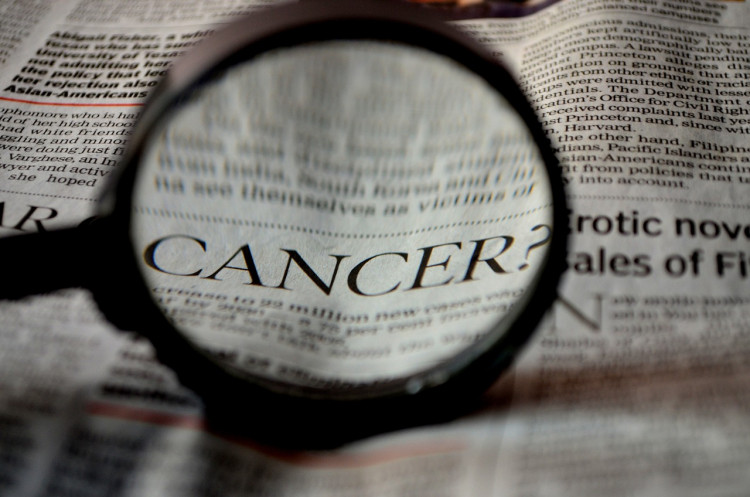In a groundbreaking study, the American Cancer Society revealed that nearly 40% of new cancer cases and almost half of cancer deaths among adults in the United States could be prevented through lifestyle changes. The findings underscore the significant impact that modifiable risk factors have on cancer prevalence and mortality, highlighting the urgent need for more effective preventive health measures and interventions.
Dr. Arif Kamal, chief patient officer with the American Cancer Society, emphasized the practical steps individuals can take to reduce their cancer risk. "These are things that people can practically change how they live every single day to reduce their risk of cancer," Kamal said. The study identified 18 modifiable risk factors across 30 types of cancer, demonstrating that lifestyle adjustments could prevent over 700,000 new cancer cases and more than 262,000 deaths annually.
The leading risk factor, smoking, accounted for nearly one in five cancer cases and almost a third of cancer deaths. Other significant risk factors included excess body weight, alcohol consumption, physical inactivity, poor diet, and infections such as HPV. The study found that modifiable risk factors contributed to more than half of new cases for 19 of the 30 types of cancer evaluated.
Lung cancer had the highest number of cases attributable to modifiable risk factors, with the majority linked to smoking. Dr. Marcus Plescia, chief medical officer for the Association of State and Territorial Health Officials, noted the emerging threat of obesity. "Obesity is emerging, in some ways, as just as potent of a risk for people as smoking is," Plescia said. Excess body weight was associated with significant contributions to cancers of the endometrium, gallbladder, esophagus, liver, and kidney.
In addition to smoking and obesity, the study highlighted the role of infections in cancer development. Nearly all cases of cervical cancer were linked to HPV infection, which can be prevented through vaccination. Similarly, more than 90% of melanoma cases were associated with ultraviolet radiation exposure.
Dr. Kamal pointed out that cancer often feels beyond one's control, but this study suggests otherwise. "With cancer, it oftentimes feels like you have no control. People think about bad luck or bad genetics, but people need to feel a sense of control and agency," Kamal said. The study underscores the potential for individuals to reduce their cancer risk through conscious lifestyle changes.
Despite the significant role of lifestyle factors, Kamal and Plescia emphasized the importance of creating environments that facilitate healthy choices. Policymakers and health officials should strive to make the healthy choice the easy choice, particularly in disadvantaged neighborhoods where access to safe exercise spaces and healthy food can be limited.
As the incidence of early-onset cancer rises in the U.S., the need to establish healthy habits early becomes even more critical. Plescia noted that making changes later in life can still have a profound impact. "It's never too late to make these changes. Turning health behaviors around later in life can make a profound difference," he said.
The study also found that certain lifestyle changes could reduce cancer risk relatively quickly. "Cancer is something your body fights every single day as your cells divide. It's a risk that you face every day, and that also means that the reduction of the risks can benefit you every day as well," Kamal explained.
In light of these findings, there is a clear need for increased access to preventive healthcare and greater public awareness about the measures that can be taken to reduce cancer risk. Dr. Ahmedin Jemal, senior vice president of surveillance and health equity science at the American Cancer Society, emphasized the importance of equitable access to preventive measures. "These findings show there is a continued need to increase equitable access to preventive health care and awareness about preventive measures," Jemal said.






